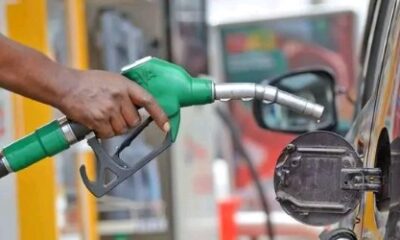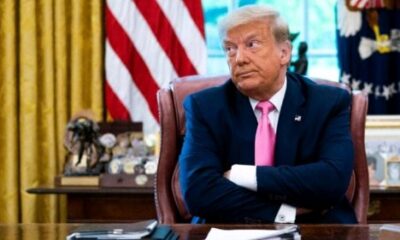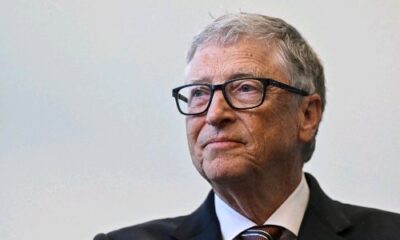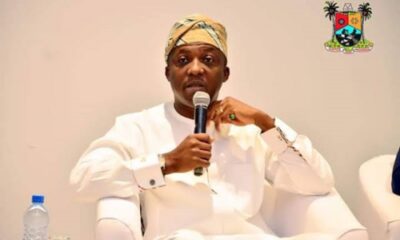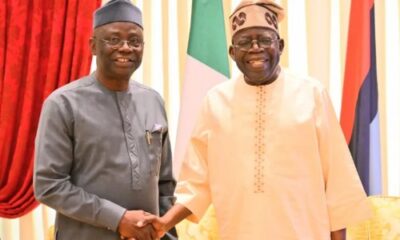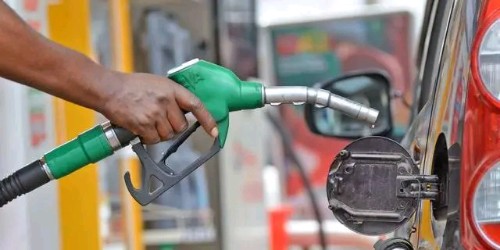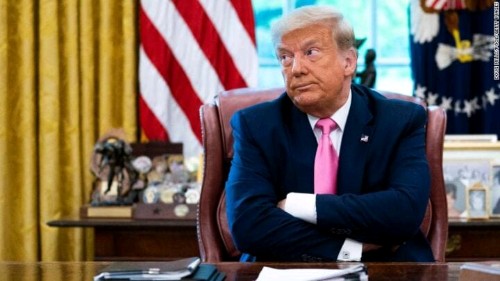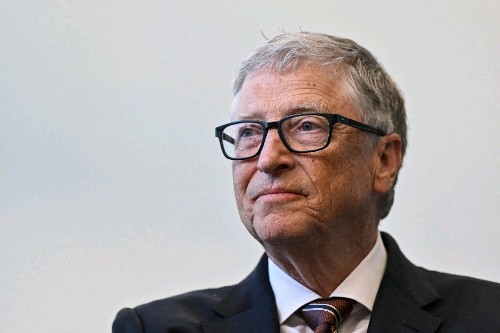Nigeria’s President, Asiwaju Bola Ahmed Tinubu, on Monday said the International Development Financing efforts must prioritise the needs of Africans as the continent cannot enjoy democracy when poverty and starvation ravages her people.
He emphasized that Africa must have a consensus view that the hundreds of billions of dollars spent through IDF institutions over the years must meet the specific needs of developing democracies in Africa, even if it is done with exclusive regard for their own enlightened self-interest.
“We must join hands and agree that International Finance Institutions require reform as Africa is not to be a ground for economic scavenging any longer,,” Tinubu told his South African counterpart, Cyril Ramaphosa, when both leaders conferred ahead of the United Nations General Assembly in New York, USA.
Special Adviser to the President on Media and Publicity, Ajuri Ngelale, disclosed this in a statement he signed on Monday titled ’President Tinubu advances stronger economic ties with South Africa: seeks reform of Bretton Wood institutions to strengthen economic resilience of developing democracies.’
He argued that “During the end of the Second World War, the Marshall Plan was established for the reconstruction and economic restoration of European nations through Bretton Woods institutions.
“Where has this presence been for Africa? We have to be careful not to replace the broken shackle of yesterday with a new set of shackles.
“You can not have a stable democracy in the presence of a poverty of knowledge and a starvation of people. Democracy without food on the table is a breeding ground for what will consume us, if care is not taken.”
He said Africa must now become a place with gifted people that is ready for investment and cooperation.
“We have all the human and natural resources required between our nations. We can collaborate in a mutually beneficial way that enriches our populations.
“South African Mining industries have a role to play in the Nigerian solid minerals development sector. Your business community has done well in Nigerian Telecommunications.
“We have great mineral wealth across our land, and you have good expertise in this area. We expect to deliver jobs and mutually beneficial results in this area as brother and sister countries,” the President affirmed.
Referencing President Tinubu’s quick implementation of what he called “brave” economic reforms, the South African President agreed that the two countries have much more wealth to create together in close and intentional partnership, with each nation leveraging on each other’s respective strengths.
“We are two major economies on our continent, and it is important that we deepen economic ties, particularly in light of the African Continental Free Trade Agreement.
“We are very keen on the deepening of our economic relations,” Ramaphosa said.
He emphasised that history has proven that Nigeria and South Africa can move the world on matters of mutual concern when the two nations operate on the same wavelength.
“We would love to see Nigeria and South Africa working closely together on a number of issues because whenever we join hands, we have made an impact globally through those joint positions.
“Together, we can move the global south forward. We are a continent that has been plundered.
“And wealthy nations made so much of it from us, and we must seek out partners who will help us to advance our own interests,” the South African President noted.
Citing President Tinubu’s stewardship as the Chairman of the ECOWAS Authority of Heads of State, Ramaphosa said Southern Africa needed to emulate the solidarity being demonstrated in West Africa, following the Niger Crisis.
He also invited Tinubu to visit South Africa, following his recent visit to Nigeria, as part of efforts to deepen economic ties and the broader relationship between both countries.
While accepting the invitation, Tinubu affirmed that an Africa, in which Nigeria and South Africa are working in synergy to advance their common interests, is the strongest version of the continent.
He said this can make more impact on global affairs for the benefit of over one billion Africans with its enormous human and natural resource wealth.
“Our continent is the last untapped ground for accelerated, massive growth and new economic opportunity on earth.
“We must be in charge of our own resources, and we must work to use each other effectively to achieve what is best for all of us, Mr. President.
“We look forward to an era of economically productive relationship,” the Nigerian leader concluded.
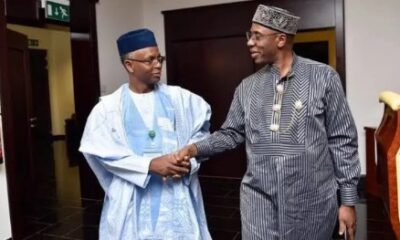
 BIG STORY2 days ago
BIG STORY2 days ago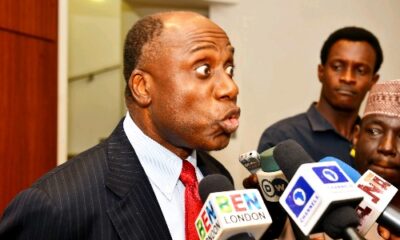
 BIG STORY3 days ago
BIG STORY3 days ago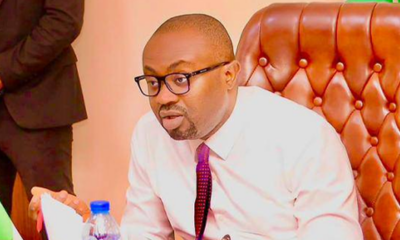
 BIG STORY3 days ago
BIG STORY3 days ago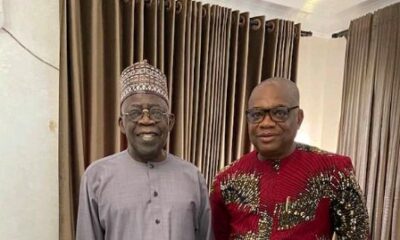
 BIG STORY2 days ago
BIG STORY2 days ago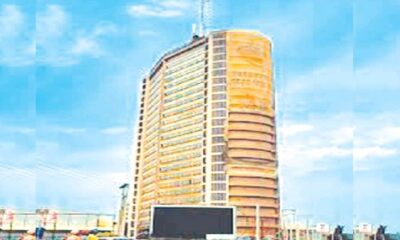
 BIG STORY1 day ago
BIG STORY1 day ago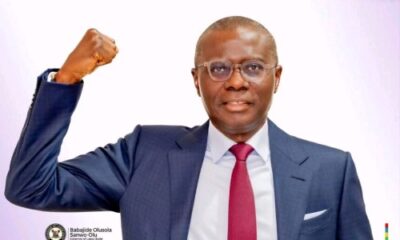
 BIG STORY3 days ago
BIG STORY3 days ago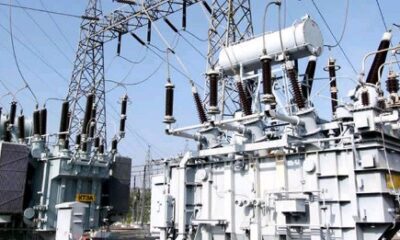
 BIG STORY2 days ago
BIG STORY2 days ago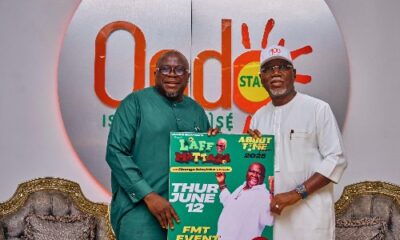
 BIG STORY1 day ago
BIG STORY1 day ago







